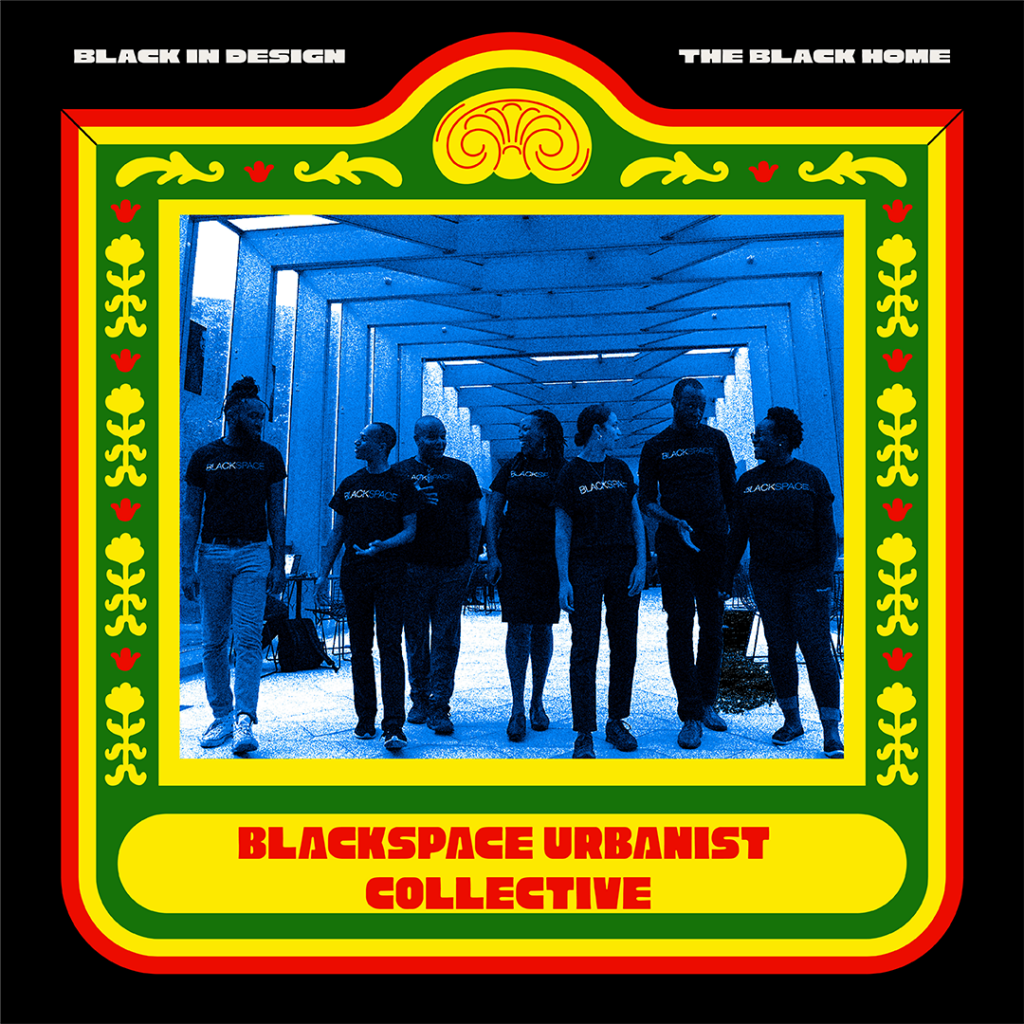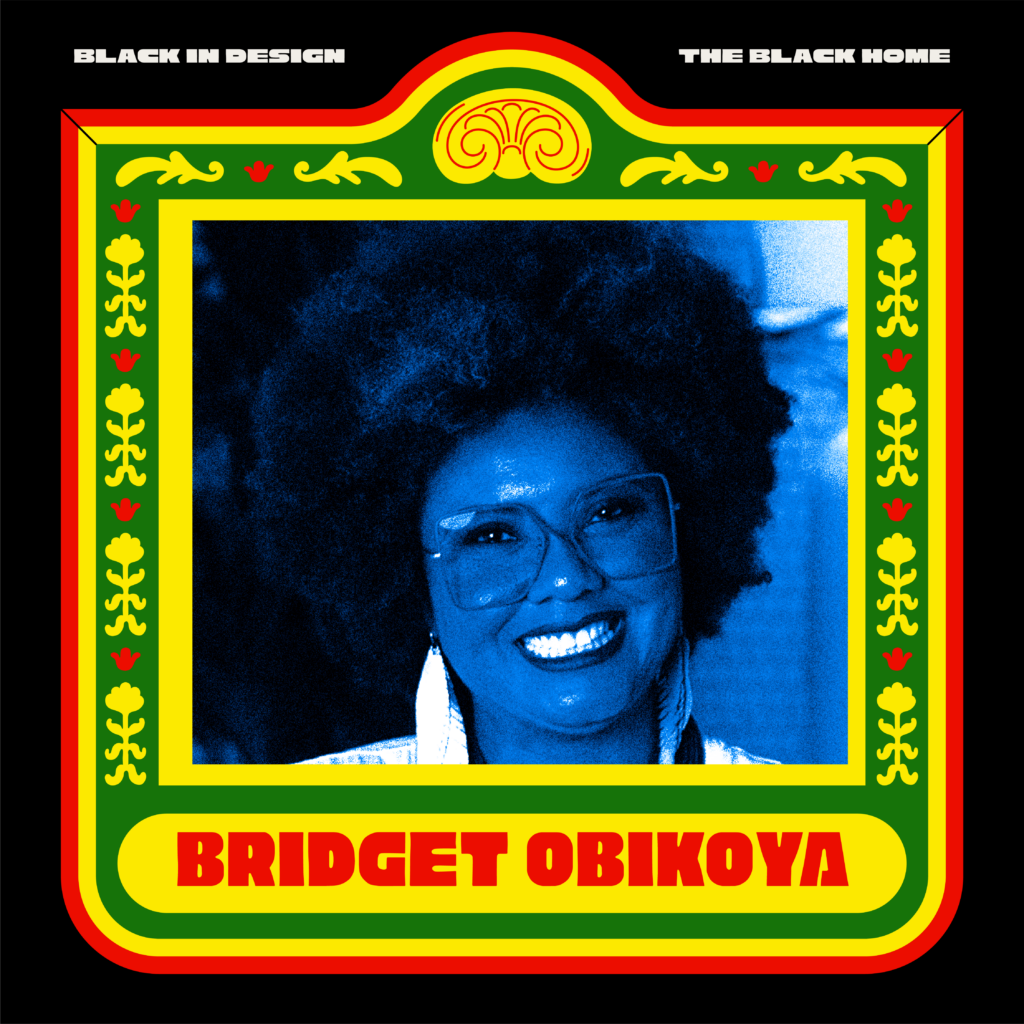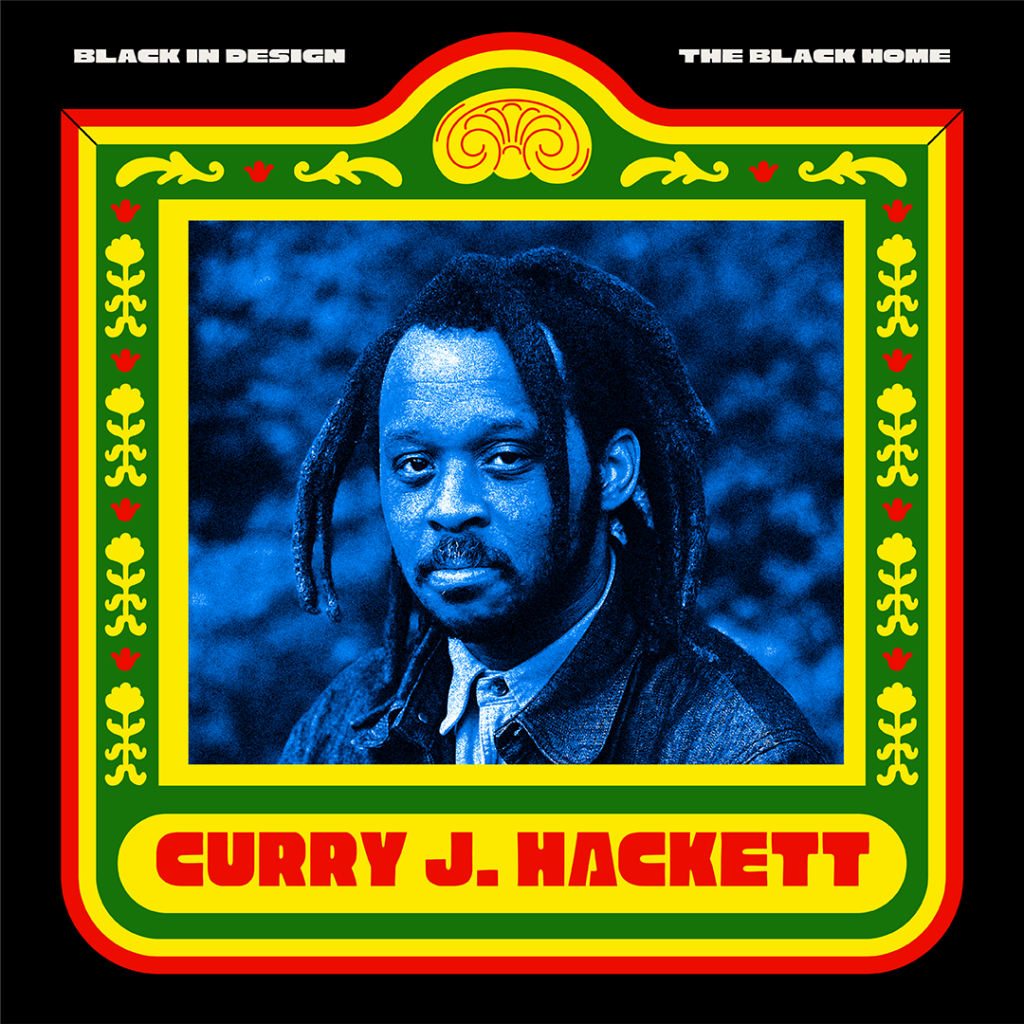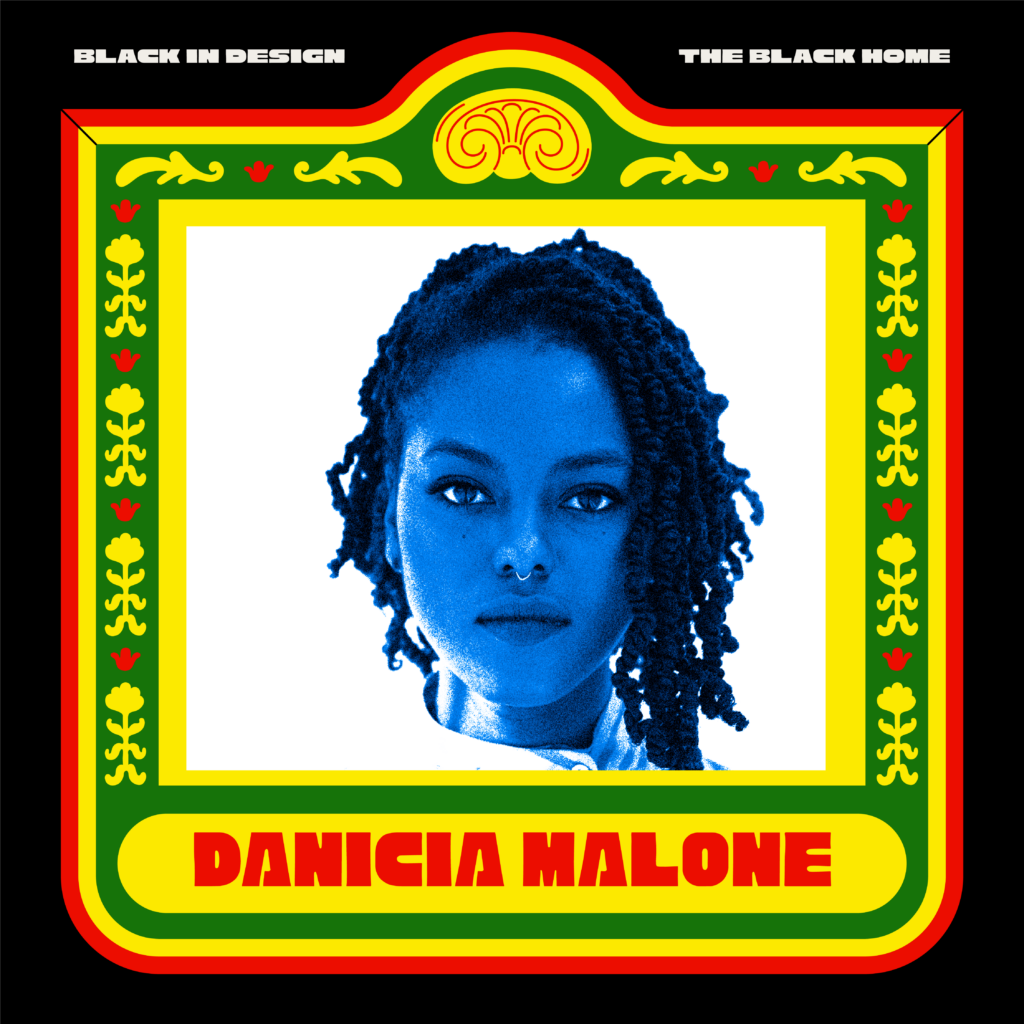WORKSHOPS & WORKSHOP LEADERS
BLACK FEMINIST IMAGINATION & THE BLACK HOME

Date: Saturday, September 23, 2023
Time: 1 PM – 2 PM EST
Room: 111
Workshop Max Participants: 50
Workshop Leader: Black Space Urbanist Collective
Brownsville Heritage House (BHH) provides cultural and educational programs for Brooklyn community members through the collection, study, exhibition, and dissemination of historical artifacts relating to African American and other ethnic cultures. BHH has been stewarded by a majority of Black matriarchs who’ve demonstrated self-care as discussed by audre lorde, that extends into collective care. The Black home, both in its tangible and intangible forms, has always been a critical place of communion and organizing, which is why BlackSpace’s design and planning projects are around its elements. We have witnessed the organic nature of these concepts living in our projects and hope to contribute to fortifying physical forms that allow more people to experience their intersectionality. Drawing on key ideas such as intersectionality, collective identity, care, agency, spirituality, and reimagining, this private space is able to be a container for the dynamic interplay between these concepts. Black feminist imagination envisions transformative liberation, challenging traditional notions, and centering the experiences of Black women.
In our workshop, we will be sharing one of BHH interactive exhibits to further demonstrate the Black home as a space where these concepts converge, fostering resilience, creativity, and community-building while being cultivated by the limitlessness offered through the Black feminist imagination.
BlackSpace Urbanist Collective
BlackSpace Urbanist Collective brings together planners, architects, artists, activists, and designers as Black urbanists. Together, we are building an urbanist narrative that centers the vision, values, and priorities of Black communities. Our work includes a range of activities, from engagement and projects in historically Black neighborhoods to hosting cross-disciplinary convenings and events. While what we do is very important, the way we do it is also critical. Acknowledging our triumphs, oppressions, aspirations, and challenges, we’ve created our Manifesto to guide our growth as a group and our interactions with one another, partners, and communities. We push ourselves, our partners, our fields, and our work closer to these ideals so we may realize a present and future where Black people, Black spaces, and Black culture matter and thrive.
SUSTAINING & STEWARDING THE BLACK HOME

Date: Saturday, September 23, 2023
Time: 2:15 PM – 3:15 PM EST
Room: Porticos 124
Workshop Max Participants: 50
Workshop Leader: Bridget Obikoya
The “Sustainable Soul Spaces: Reclaiming African Heritage in the Home and Community” Workshop offers a collaborative experience where participants embark on an inspiring journey. Ms. Obikoya delves into a multitude of challenges and uncovers even more opportunities related to the design and construction of her home in a historically African neighborhood with exclusionary zoning practices and limited financial resources during the COVID-19 pandemic. Throughout, Ms. Obikoya maintains her cultural identity in her design and arrives at forward-thinking solutions for the neighborhood’s plan amidst a modern renaissance. The workshop focuses on a non-conforming 25×100’ parcel with challenging zoning restrictions and design constraints, including 18’ side yard and 25’ front and rear yard limitations, within a historically African-American neighborhood forever changed by gentrification. In four modules, this workshop will delve into the sustainability of Black homes and communities.
During the workshop, Ms. Obikoya will actively engage with participants, encouraging them to provide feedback on innovative solutions for the specific design constraints. She will also lead participants through each phase of construction, showcasing real on-site examples of out-of-the-box creative solutions. Along the way, she will offer valuable insights to enrich the learning experience.
Bridget Obikoya
Bridget Obikoya is an urban planner, design engineer, and educator who was born in Mobile, Alabama and has lived in Arlington, Virginia for over 20 years. Her design philosophy centers on the sustainability of Black communities and the preservation of visual, cultural elements of her African heritage. In designing her own home, she modernized the Black architectural vernacular of the South where she grew up and integrated Yoruban iconography at the threshold. She is a doctoral student at Morgan State University in Architecture, Urbanism and Built Environments and a diversity scholar for the National Trust for Historic Preservation. Her goal is to broaden the conversations around design and sustainability within Black communities. She also teaches urban planning through the Urban Land Institute. Some of her recent projects as principal planner for Arlington County Government include the management and coordination of public parklet installations within Amazon HQ2 headquarters in National Landing and multimodal transportation efforts to increase diversity in travel modes and infrastructure investments in underserved communities.
ARCHIVING THE BLACK HOME

Date: Sunday, September 24, 2023
Time: 1:15 PM PM – 2:15 PM EST
Room: Porticos 124
Workshop Max Participants: 30
Workshop Leader: Curry Hackett, Wayside Studio & Guest
Curry J. Hackett’s work is both speculative of what could be, and what is (and perhaps what has always been). By acknowledging the inherent nuance and exuberance in Black archival practices (quilting, collective cooking, candid photography, and weaving), Hackett has managed to wrangle artificial intelligence as a tool to transcend the subtle and quotidian natures of Black life into the profound and hyper-visible. Moreover, this approach to AI-generated imagery invites Black folks to see the tropes of everyday life as not only deserving of visibility but also of value and viability. Hackett describes these images as “memories that haven’t yet occurred”, recasting the archive as a future-seeking project (rather than one purely of nostalgia and historicity).
In this workshop, with the help of attendees, Curry will use archival materials and leverage artificial intelligence to generate new narratives of the Black Home.
Curry J. Hackett
Curry J. Hackett is a transdisciplinary designer, public artist, and educator. His practice, Wayside, synthesizes cultural and ecological narratives to envision meaningful work in the public realm. Noteworthy projects include the Howard Theatre Walk of Fame, the DC High Water Mark project. Hackett began his academic career in 2019 at his alma mater Howard University, and has since taught at Yale University, Carleton University, City College of New York, the University of Tennessee–Knoxville, and is a core member of the anti-racist design justice school Dark Matter U. Currently, Curry is completing the master’s of architecture in urban design program at the Harvard Graduate School of Design. In 2022, Hackett was named an inaugural Journal of Architectural Education fellow and a finalist for the Harvard GSD Wheelwright Prize. In 2023, Hackett won the Association of Collegiate Schools of Architecture (ACSA) Creative Achievement Award for his “Subjective Waters” studio, which explored Black culture and water, and was named a grantee by the Graham Foundation for his ongoing research project, Drylongso, which explores relationships between Blackness, geography, and land.
PROTECTING & PLACEKEEPING THE BLACK HOME

Date: Saturday, September 23, 2023
Time: 3:30 PM – 4:30 PM EST
Room: Porticos 111
Workshop Max Participants: 50
Workshop Leader: Danicia Malone
Making cities greener is a just cause, yet the consequences of it are those of a growing divide. For many in the sectors of real estate or land development, greyfields are seen as untapped resources. However, in city after city, new green infrastructure has brought real estate speculation, rising housing costs, and community displacement – especially for Black homeowners who also face discrimination for housing appraisals.
“From Grey to Green to Black Again” is a community mapping workshop that discusses the impacts and connections of greyfields and green infrastructure, and introduces innovative sustainability methods done through a culturally relevant lens and the ways that Black design schemes are playing a role in climate stability. In this workshop, participants experience an interactive game that 1) matches present-day American vernacular schemes with Diasporic symbology. They will also be asked to consider the ways their present-day behaviors of homemaking or placekeeping are emulating Black Design Aesthetics for the future.
Danicia Malone
Danicia Monet Malone is an interaction designer and protopian urban planner specializing in spatial justice, public arts, and accessibility. Her practice is an exploration of the human interface between our built environment, technology, policy and regenerative design. As a Black Caribbean protopianist, she contests the status quo, believing that our knowledge can be embedded into the landscape to birth a more caring and substantive future.
